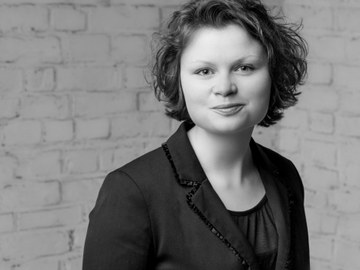Judith Köhler

- Research Associate
of the Department of Migration, Mental Health and Health Promotion
and in the project TRANSMIT
Profile
Judith Köhler has been working as a research associate at BIM in the project "Transnational Perspectives on Migration and Integration" (TRANSMIT) since August 2020. At the interface of psychology and sociology, her main interests are psychological processes in the field of (refugee) migration as well as practice-oriented research on improving psychotherapeutic and psychosocial care for (refugee) migrants in Germany.
Judith is part of the department "Migration, Mental and Physical Health and Health Promotion" at BIM as well as the working group "Transcultural Psychiatry" at the Department of Psychiatry and Psychotherapy at Charité - Universitätsmedizin Berlin.
She studied clinical psychology and political science at the Friedrich Schiller University in Jena, at the Universidad de Concepción (Chile) and at the University of Potsdam. Despite the predominantly quantitative orientation of her subject, psychology, she is mainly interested in qualitative methods and mixed-methods designs.
As part of her master's thesis, she conducted a qualitative interview study with people with refugee experience on the importance of gainful employment in their new phase of life in Germany, based on six months of field research at the Welcome Café "Staudenhof" in Potsdam.
Before joining TRANSMIT, she worked as a psychologist in a vocational rehabilitation project with mentally and physically disadvantaged people in Potsdam and in the reportage project "Visualization of biographies of elderly shoe shiners" in the NGO Vamos Juntos in La Paz, Bolivia.
Research Interests
- Transnational perspectives on mental suffering in the context of (refugee) migration with a focus on the MENA region
- Transcultural psychotherapy
- Critical psychotraumatology
- Research from the subject perspective
Methodical approaches
- Qualitative and quantitative research perspectives
- Mixed-method designs
* * *
